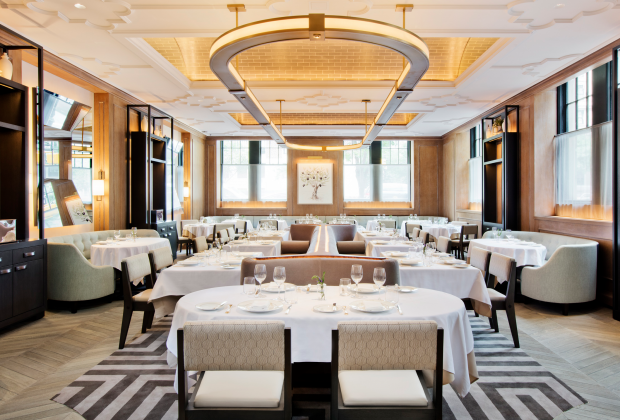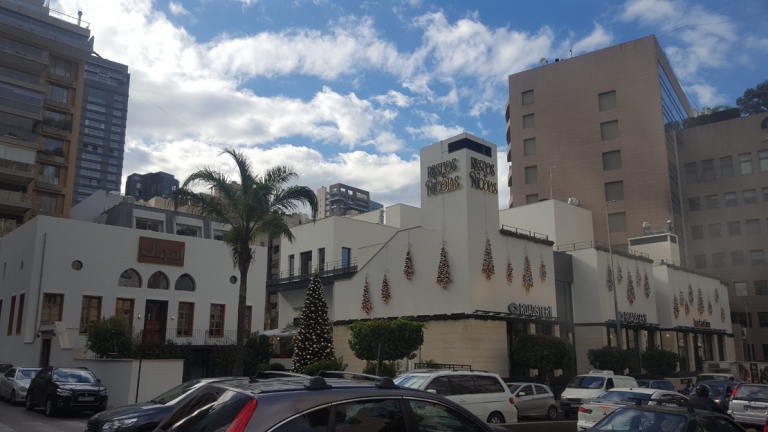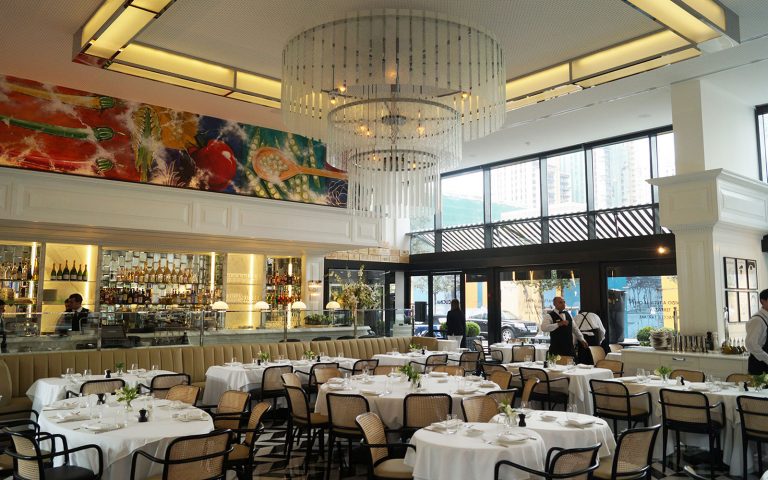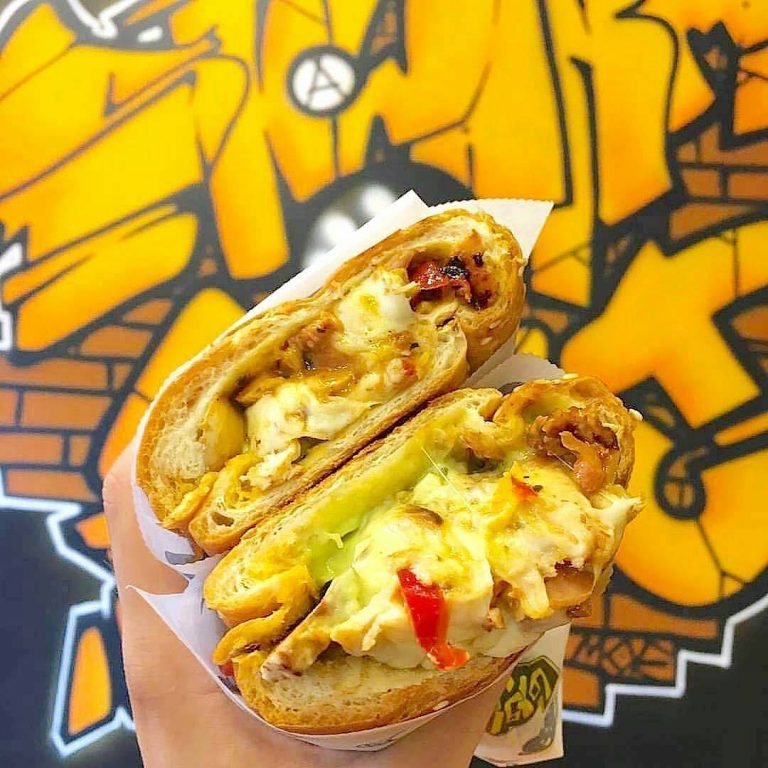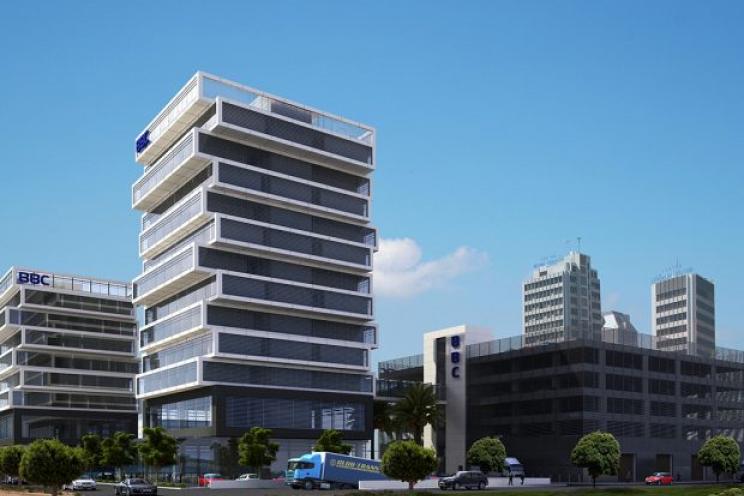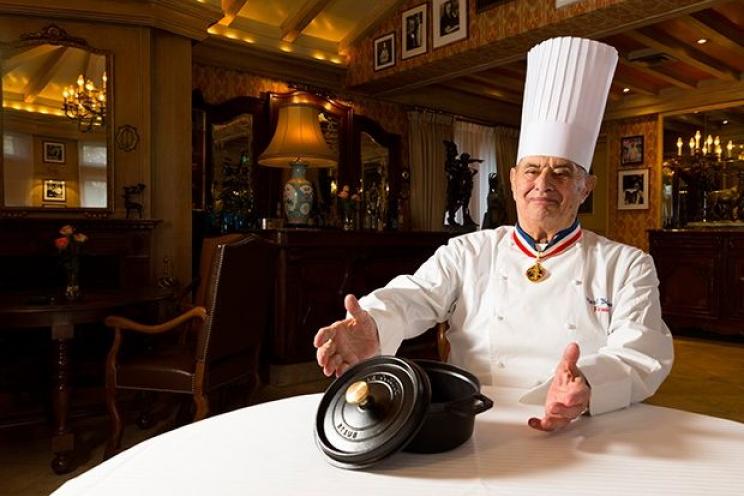MICRO-TRENDS
On the micro-level, the Lebanese (F&B) scene has evolved throughout the years and has tapped every single concept and type of cuisine, such as French cafés and restaurants like Café de Paris (back in the good old days) and l’entrcote de Paris, and so on. Italian restaurants have also played an important role, such as heavy weight player Cuccina in Downtown and other names like the Pasta Comedia, both of which have since closed their doors. Lebanese, Japanese, Chinese and Mexican food concepts have always been part of the F&B scene. Apart from ethnic food and some specialized cuisine, the Lebanese market has been a successful testing ground for very successful F&B brands and franchises that have shown outstanding and proven competencies and systems (operational structures, marketing practices, HR and administrative tactics), allowing such brands as Crepaway, Roadster, Zaatar w Zeit and Leila, among others, to create a regional and, at times, global footprint.

